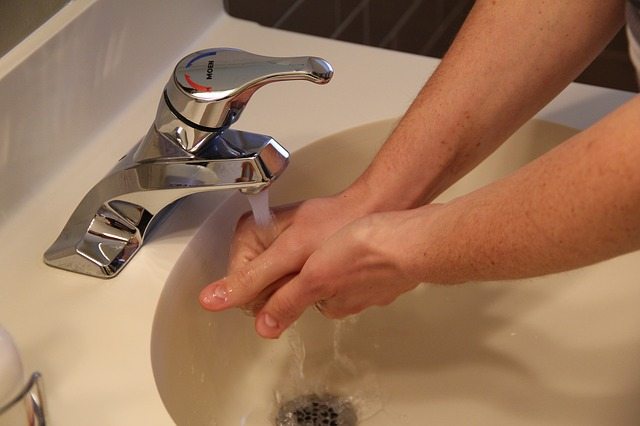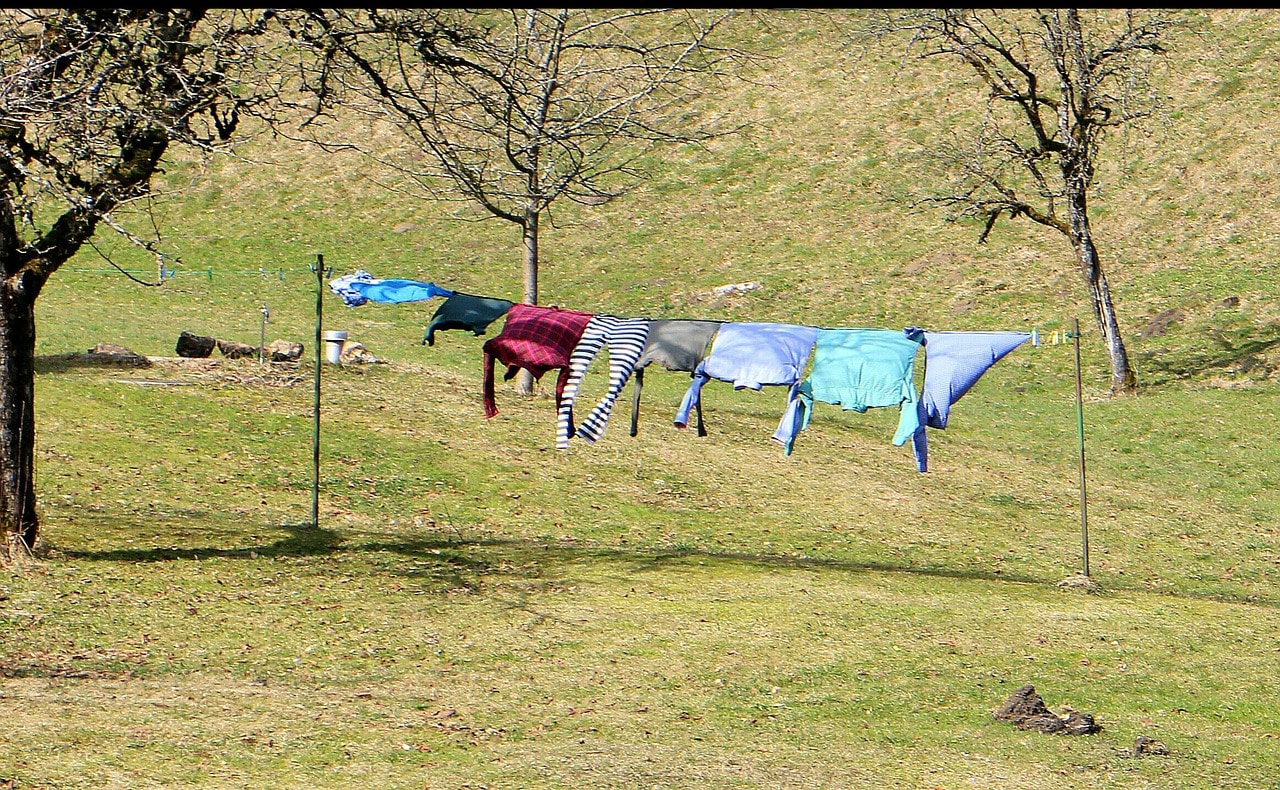Some people think that all water is the same regardless of where it comes from. The truth is that water quality varies widely throughout the country. Some water may be deemed ‘hard’ or ‘soft,’ and that can have a significant impact on your daily life. Read on and discover the difference between hard and soft water.
Hard vs. Soft Water
According to the U.S. Geological Survey, 85 percent of water in the United States is “hard,” meaning it contains high amounts of calcium and magnesium because it comes in contact with rock and soil. Soft water, on the other hand, contains relatively few elements, and in some cases none at all. Soft water can occur naturally or be produced with treatment devices that reduce elements of water hardness.
Bathing
Certain minerals in hard water make soap and other cleaning products less effective, hampering their ability to properly lather. Hard water also creates soap and buildup in the showers, requiring more intense cleaning effort and increased use of chemicals to clean the bath. Soap lathers easily when you have soft water, meaning you can use less (and save money on personal hygiene products), plus you won’t have to spend all your free time scrubbing hard water stains from your bath fixtures.
Cleaning
Similar to your bath soap, minerals in hard water interact with detergents that you use to clean your home and your laundry. This impacts its ability to clean dirt and stains, and requires that you use more detergent to clean your clothing. With no minerals to interact with your detergents, soft water can decrease the need for detergent by up to 50 percent.
Energy Usage
Gas water heaters using only hard water will consume more energy than those that use soft water, lowering the system’s energy efficiency and increasing water heating costs. In addition hard water residue can build up in a water heater over time and lead to deterioration sooner than if you had soft water. Soft water cuts overall energy cost and helps preserve the life of your home appliances.
Pipes and Stains
Hard water can cause buildup in pipes and the heater, which impedes water flow and can eventually block the pipes entirely, leading to potential flooding and/or expensive pipe replacements. It can also cause your small appliances around the house to deteriorate faster, such as your dishwasher and washing machine. In the long run it will cost you a lot more to pay to replace these things more often than if you paid for water softening technology.
A water softener removes the calcium and magnesium from the water and will protect your appliances, reduce cleaning time, and will help skin and hair to be softer and less dry. A Kinetico water softener also uses no electricity, uses 70% less salt and will provide a couple of decades or reliable, trouble free service.



